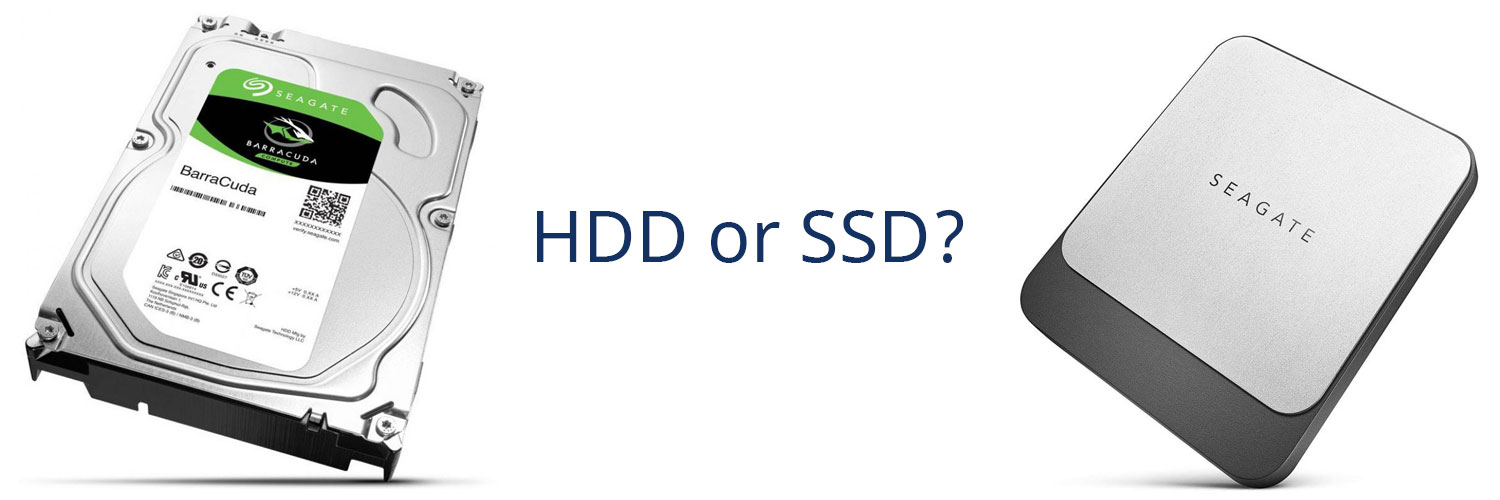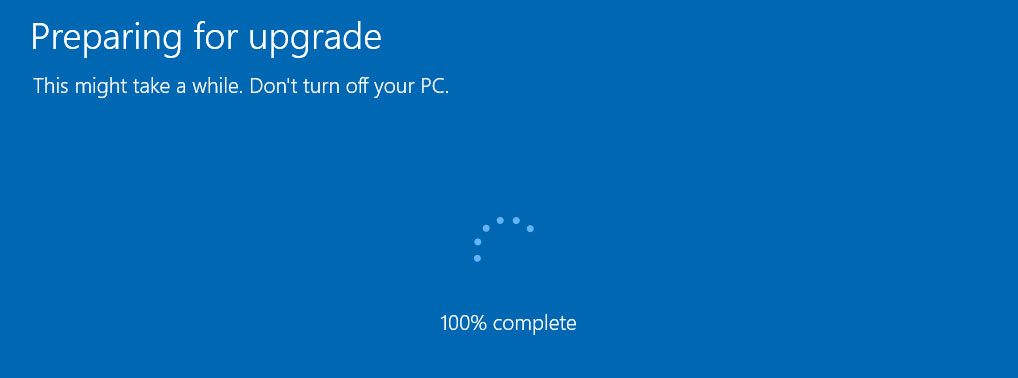Six reasons your computer may be running slow this summer
 So you are wondering whether Extinction Rebellion have got inside your computer and are causing a go-slow. Or your operating system just likes to take a siesta on a hot summer’s day. “Seriously”, you are asking, “Why is my computer so slow?”
So you are wondering whether Extinction Rebellion have got inside your computer and are causing a go-slow. Or your operating system just likes to take a siesta on a hot summer’s day. “Seriously”, you are asking, “Why is my computer so slow?”
Actually, there are a few things you could check very simply on your computer to find the underlying cause. Some will just require a couple of steps to fix which we will walk you through below. Others may tell you that your computer is just old and it’s time to consider an upgrade. That could be a new machine, or if your budget is tight, a refurbished one.
Let’s take a look at some of the most common reasons your computer may be running slow.
Your hard drive is a traditional HDD
Your hard drive is where your computer saves files and programs. It is your computer’s built-in storage unit. So every time you open or save a file or program for instance, your hard drive springs into action.
Traditional hard drives contain moving parts. You may be able to hear them whirring when they are at work. This means that they will physically degrade over time and actually may start fail after two or three years.
Fortunately there is a newer type of hard drive called a solid-state drive (SSD). As the name suggests it is solid and has no moving parts. Not only does this mean it should last many years more than a traditional hard disk. But also, it can run up to ten times faster.

If this is your problem, you may wish to buy a new computer. Or it may be possible to simply change over the disk drive in your current one to a solid-state drive.
You have insufficient RAM
RAM or random access memory is what lets your computer flit from one task to another. If everything is working smoothly it should be seamless. But if you do not have enough RAM, it will definitely contribute to your computer running slow.
RAM is measured in gigabytes (GB) and typically comes in quantities of 2, 4, 6, 8 or 16GB. Two GB is likely to be a bit light for business use. Four to eight GB should be sufficient for most tasks (with 8GB occupying the current "sweet spot" between cost and performance). But if you are doing complicated graphic-heavy tasks like video processing you’ll need 16GB or higher.
One additional issue with "maxing out" your PC RAM is that software will start to write to the PC hard drive in order to operate. If you still have a traditional HDD and haven't swapped to SSD, or even if you are running out of space on your hard drive, this can really slow things down.
A first step would be to shut down unnecessary programs. Look at what is open and how much memory they are using in the Task Manager in Windows (by pressing CTRL+Alt+Del) or the Activity Monitor on a Mac (press command + space and then type Activity Monitor).
You can then close each unnecessary program from its File tab. In Windows 10, programs will automatically shut down after a while, but you can speed this up by dragging them to the bottom of the screen and holding them there until they flip over.
Longer term it may be time to get more RAM. On most computers we can simply install some more for you. Other times you may need to consider buying a new machine.
You have an old processing chip
Moore’s Law says that every 18 months the processing power of computer chips will double, and the cost will halve. What an opportunity for the world! But it does mean that over the course of a few years a computer will increasingly struggle to handle the latest software and tasks it is expected to do.
We won’t bore you with technical detail here, but typically an Intel i5 chip or higher will be best for business use today. So i3 is a bit light-weight and i7 only necessary for complex tasks. Other chip manufacturers (such as AMD) will have equivalents to Intel’s i-series.
You may particularly notice a slow processing chip after upgrading to a new version of Windows or MacOS. The core demands of the upgrade simply put too much pressure on the system. The solution to this is likely to be a new or higher spec refurbished machine.
You've had a bad update
Although operating system updates are a lot more reliable than they used to be, you can still get bad updates. On first-glance, the operating system may be loading fine, but corrupted code can lurk in the background and slow your PC down.

You may also have taken advantage of the free Windows 10 upgrades on an older device. We've occasionally found that legacy code has been left behind and this can cause performance issues.
The best thing to do in this case is a fresh install of the operating system. Back up all your files and folders, make a note of your passwords and software licenses, and re-install the OS from scratch. Although this may sound like a chore, it can work wonders.
You have too many browser extensions
Browser extensions are add-ons to your internet browser which give you some extra functionality. Like many people, you will probably accept them every now and again thinking they will be useful. But they take up resource on your computer, and as you acquire more, they will slow down your web-browsing experience.
As we all spend a lot of time on the web nowadays, this problem is likely to make your computer feel generally slow. It is a simple solution though.
Whether you use Edge (choose setting and more and then extensions), Firefox (click menu and then add-ons/extensions), Safari (Click on Safari, then preferences), or Chrome (right click any extension icon at the top of the window and choose manage extensions) you can review your active extensions and disable or trash-can any that you don’t need.
Your machine is plagued with malware or adware
These are not necessarily full-blown viruses, although they could be. But they refer to those unwanted bits of code that your computer will collect over time from your day-to-day activity. This will include tracking cookies that websites always warn you about nowadays.
Some but not all anti-virus software will clear this up for you, so you could try running that. If you are not sure how to, or don’t think your anti-virus has this functionality, give us a call and we can get it sorted for you.
Still need help with slow computers?
We have covered some of the most common reasons for your computer running slow, but this is not an exhaustive list. So if you still need help or you want to explore upgrading your machine(s), please do contact us.
We help SME businesses in Bristol, Cardiff and the surrounding areas. We can help on a one-off basis or provide cost-effective business support plans that start from just £20 per user per month.
If you enjoyed this article and would like to read more – why not sign up to our mailing list? You'll receive all our best advice, straight to your inbox.